Explore our collection of natural plant-based cleaning products
For years, the American idea of a “clean home” was tied to the strong smell of bleach and promises like “kills 99.9% of germs.” But today, that perception is shifting. More families, doctors, and even celebrities are embracing a safer, more sustainable approach — and turning to natural plant-based cleaning products.
This isn’t just a trend. It’s a data-driven shift backed by science, health concerns, and a growing demand for transparency.
📈 The Numbers Tell the Story
In 2023 alone, over 48% of American households purchased at least one eco-friendly cleaner. By 2027, the U.S. market for green cleaning products is projected to exceed $12.7 billion, fueled largely by millennials and Gen Z shoppers who prioritize ingredient safety and environmental impact (NielsenIQ, Homecare Report 2024).
🧪 Plant Power: What the Science Says
Contrary to outdated beliefs, natural cleaning products don’t sacrifice performance. Scientific studies confirm that many plant-derived ingredients offer powerful antimicrobial properties:
-
Thymol, derived from thyme, kills bacteria like E. coli and Salmonella
-
Citric acid cuts through limescale and soap scum effectively
-
Tea tree oil inhibits mold and mildew in damp areas
A 2023 review in BMC Complementary Medicine and Therapies found that essential oil-based formulas were “comparable in effectiveness” to conventional disinfectants in low-risk environments, particularly with regular use.
🛑 What’s Hiding in Conventional Products?
The average household cleaner may contain:
-
Ammonia — harmful to lungs, especially for people with asthma
-
Chlorine bleach — causes skin, eye, and respiratory irritation
-
Formaldehyde — classified as a probable human carcinogen
-
Synthetic fragrances — linked to hormonal disruption and allergic reactions
“We don’t often realize the air we breathe indoors is affected more by cleaning products than by outdoor pollution,” says Dr. Lauren Fields, a toxicologist from California.
“When families switch to plant-based cleaners, indoor air quality improves almost immediately.”
🌿 The Advantages of Going Plant-Based
Choosing natural plant-based cleaning products isn’t just about avoiding risks — it’s about gaining benefits:
-
Safe for children and pets
-
Gentle on skin and airways
-
Biodegradable and low-impact on the environment
-
Non-toxic, yet powerful against dirt, grease, and germs
-
Often packaged with sustainability in mind (refillable or recyclable materials)
🌎 Celebrities Are Going Green, Too
More high-profile figures are ditching chemical cleaners for plant-based alternatives:
-
Jessica Alba launched The Honest Company with a mission to offer safe home products for families
-
Gwyneth Paltrow’s brand Goop promotes clean, toxin-free living
-
Kristen Bell co-founded a company focused on gentle, natural cleaning sprays for families with small children
“I don’t want to trade cleanliness for toxicity,” Kristen Bell told Today Parents. “Plant-based products help me care for my home and my family — without compromise.”
✅ Final Thoughts
Natural plant-based cleaning products are more than a safer option — they represent a smarter way to clean. Backed by science, trusted by health professionals, and embraced by millions of Americans, these products offer a powerful solution without compromise.
Make the clean switch. Because a truly healthy home starts with what you clean it with.
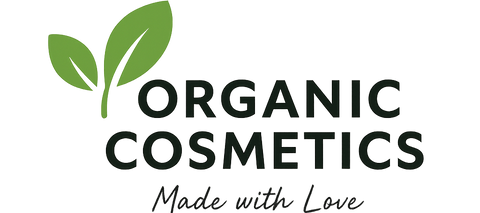

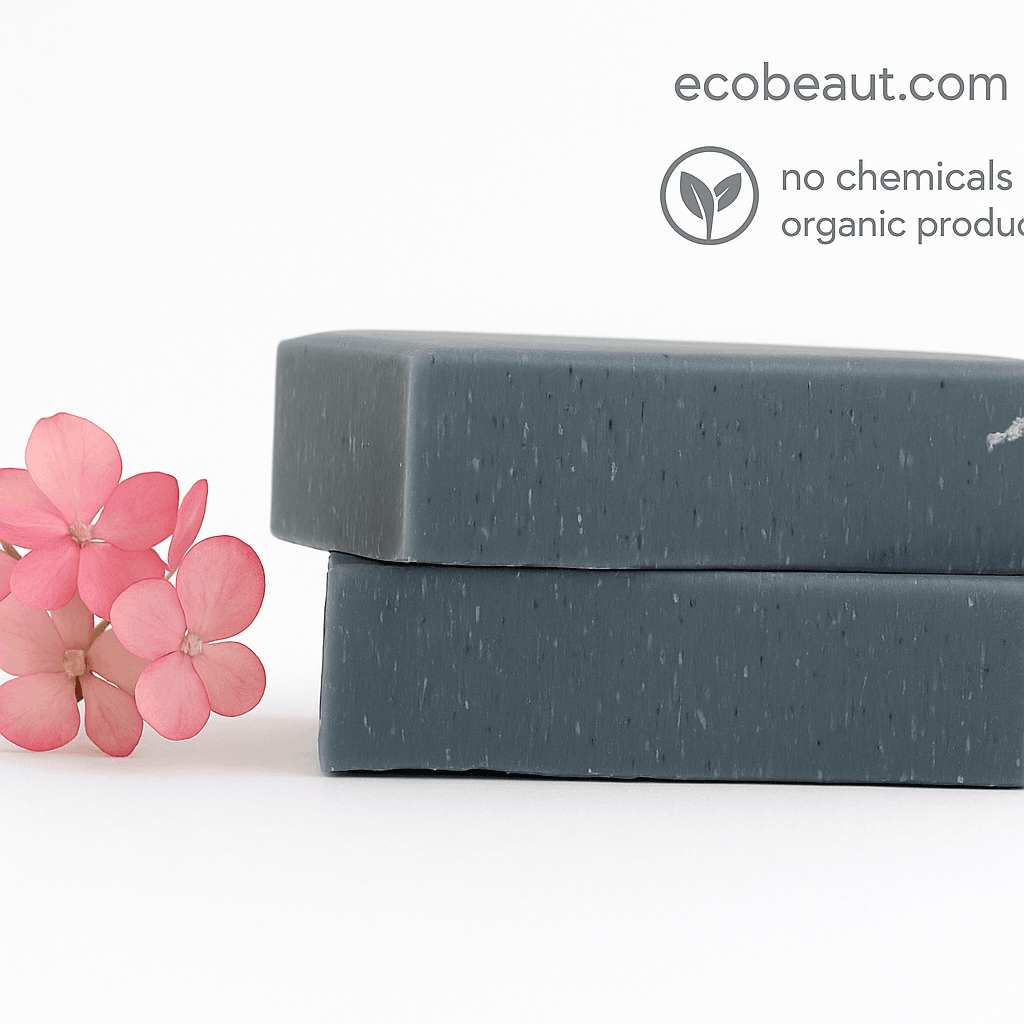
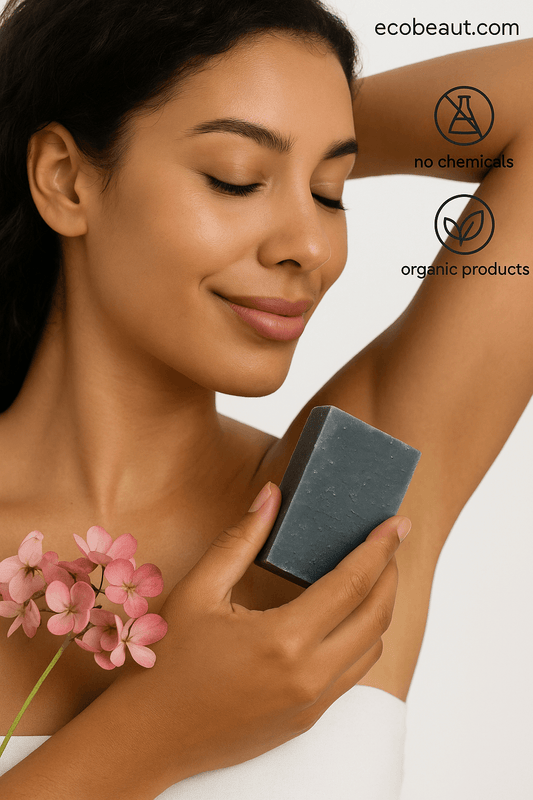
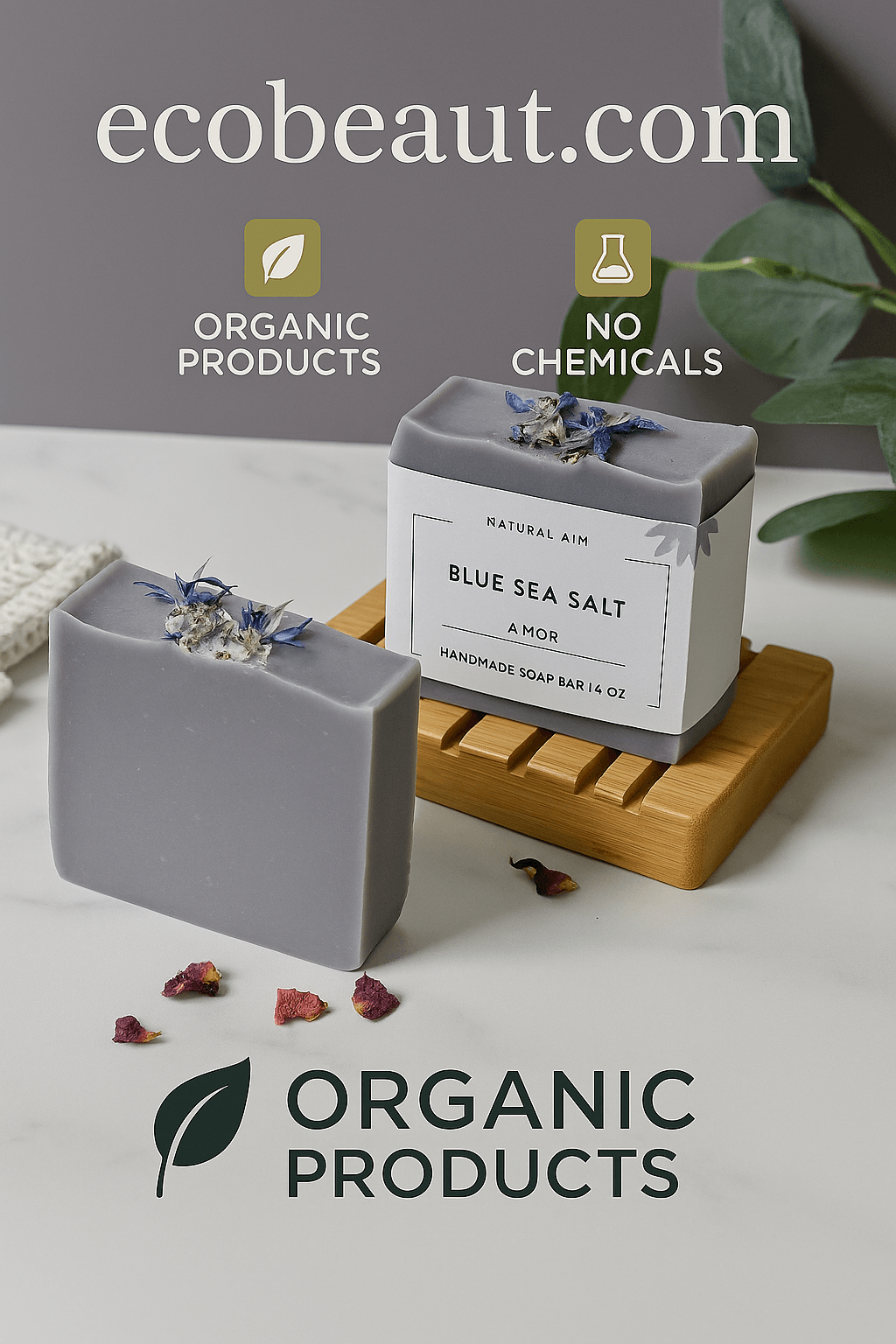
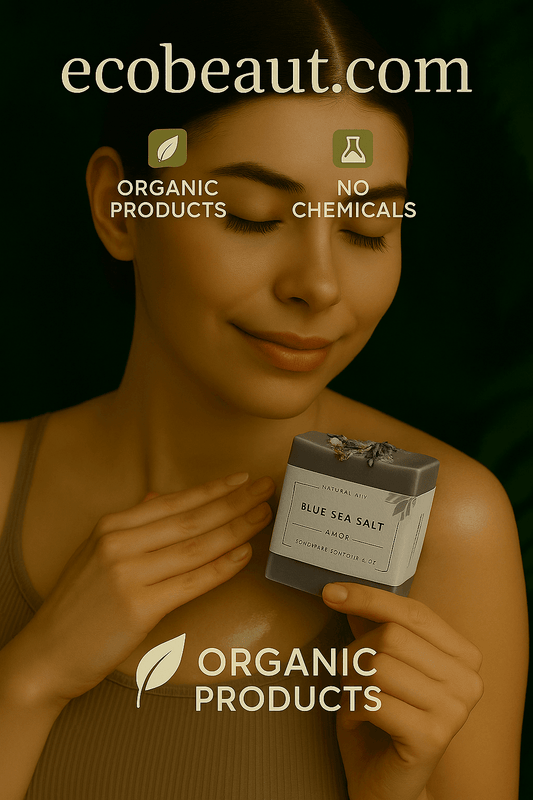
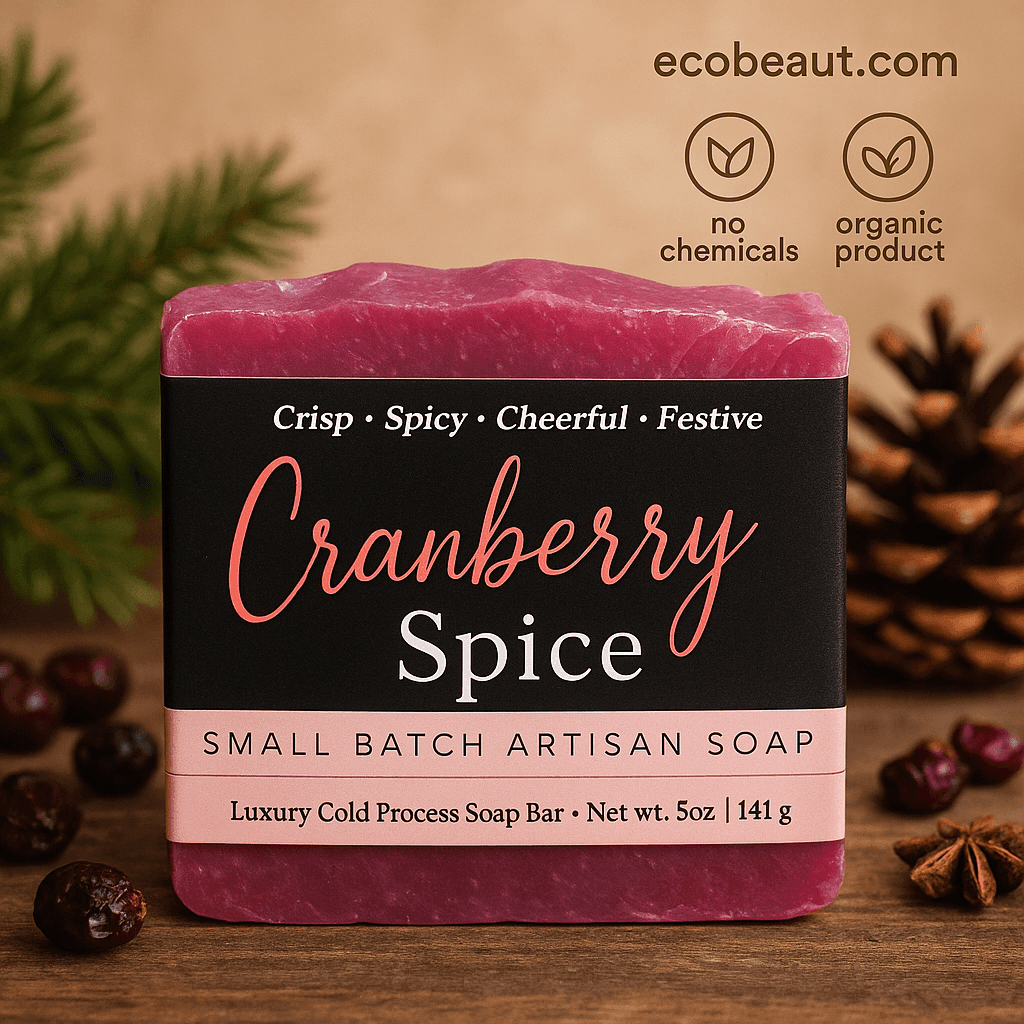
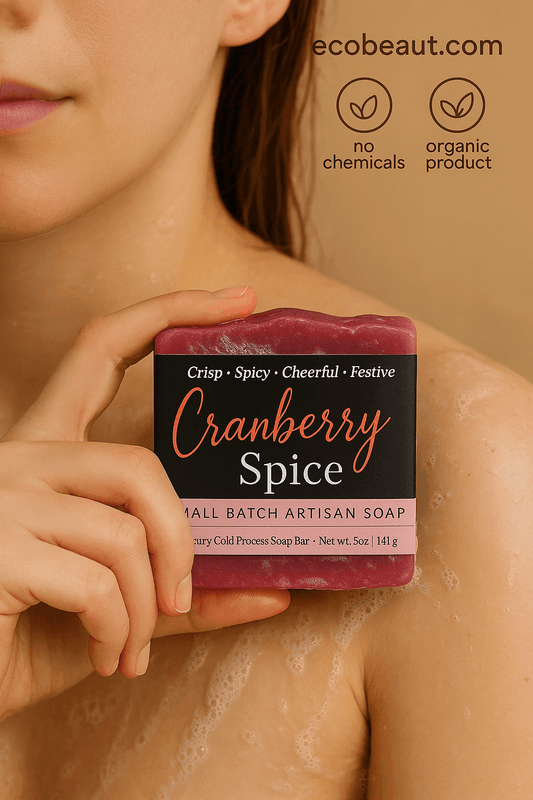

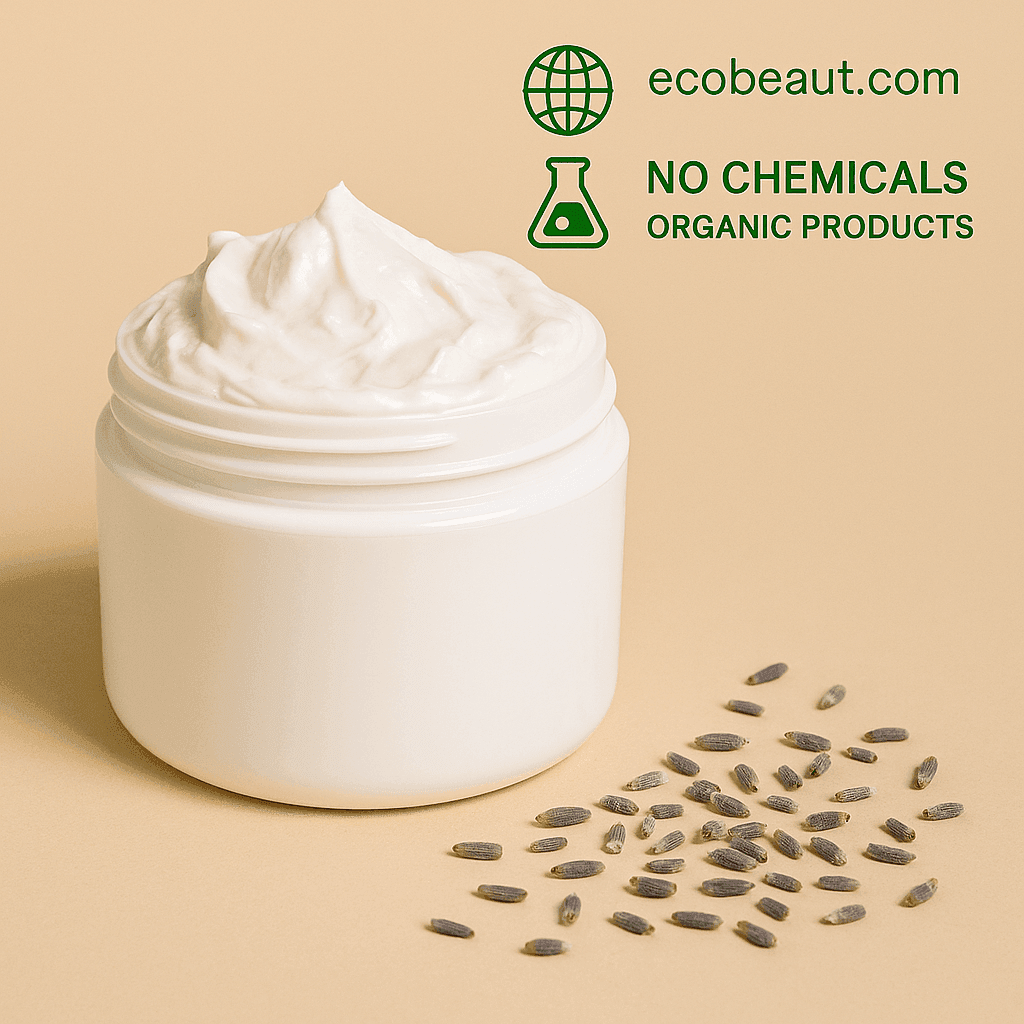
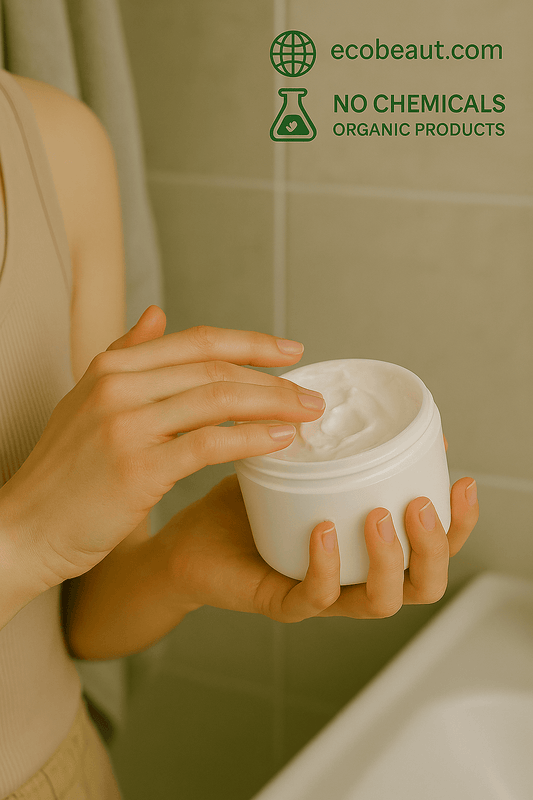

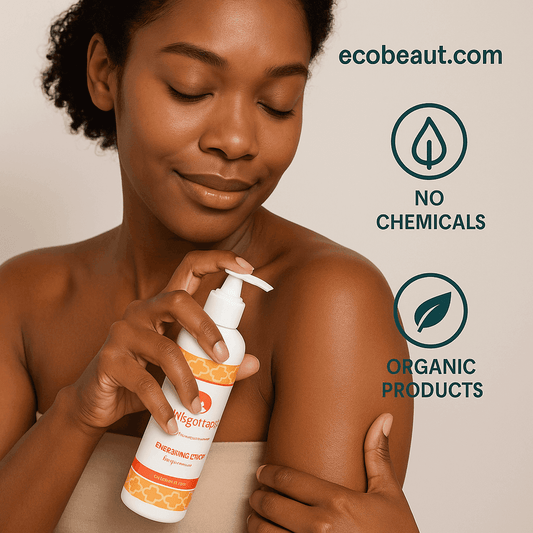




1 comentario
Very useful and interesting article!